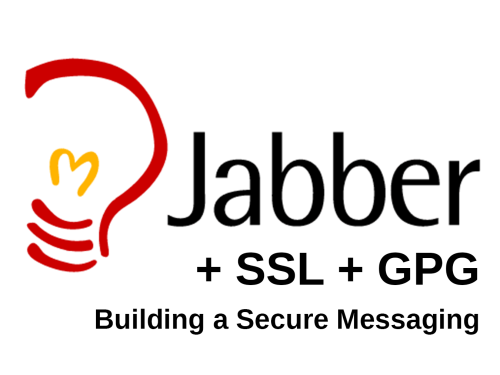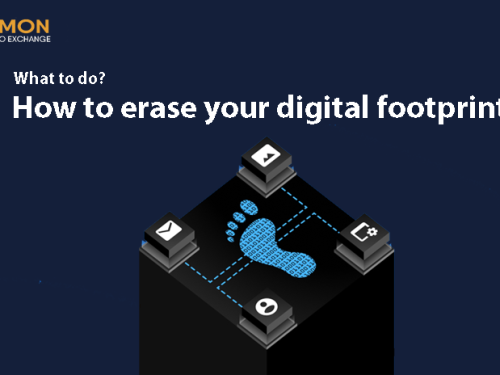Master privacy with local LLMs. Learn to encrypt data, use AI steganography, and prevent leaks by running models offline. Essential guide for digital sovereignty.
How traders can stop mass surveillance? A practical guide to encryption: API keys, seed phrases, strategies. DPI, data leaks, and 10 steps to full security.
How did CZ keep his billions? We expose the core theory: a confidential deal to share Binance's transaction data with US authorities in exchange for personal freedom.
The ultimate guide to Zero-Knowledge Proofs (ZKPs): See how Zcash, Firo, and Aleo hide sender, receiver, and amount. SNARKs vs. STARKs explained for blockchain privacy.
Binance requests Proof of Source of Wealth (SoW) due to fiat banking rules. Understand the difference between SoW/SoF, how CEX risk systems work, and EXMON's privacy-first approach.
Secure your digital life! Get the definitive setup guide for end-to-end encrypted messaging using Jabber (XMPP), SSL/TLS, and GPG (GnuPG). Learn to integrate the Psi client, generate keys, and protect your communications from leaks. Master secure messaging now!
Short and actionable - how and why to create multiple privacy profiles on an exchange to split risk, reduce correlation, and keep your digital life both secure and manageable.
In 2025, privacy in crypto is not “an option for paranoids” but a basic security skill. Regulators, ransomware attacks, address surveillance, and hot wallets — all of this makes your transactions and metadata a price many are willing to pay. The ability to properly use privacy tools reduces risks: from theft to physical threats. Below are five tools that are truly worth mastering deeply.
Binance has announced it is joining the T3+ alliance, created by TRON, Tether, and TRM Labs. On the surface, this looks like a “fight against crime,” but in reality, it’s something much more dangerous.
In today’s world, where data has become one of the most valuable currencies, protecting personal information and erasing digital traces has become an essential task. Every click, search, or post leaves a trace, which can be used for marketing purposes or made available to various services and companies for analysis. But how can we practically erase these traces, especially in an age where every st
When we talk about the modern digital world, it’s impossible to ignore the silent but powerful undercurrent that has shaped the way we think about privacy, encryption, and personal freedom: Cypherpunk philosophy.
Privacy is an illusion. Your private messages on messaging apps and email services, whether it's Gmail or WhatsApp, are far from "private." Governments and corporations can easily access your conversations. This is not a conspiracy theory but a well-documented reality, highlighted by whistleblowers like Edward Snowden and even official government investigations.















